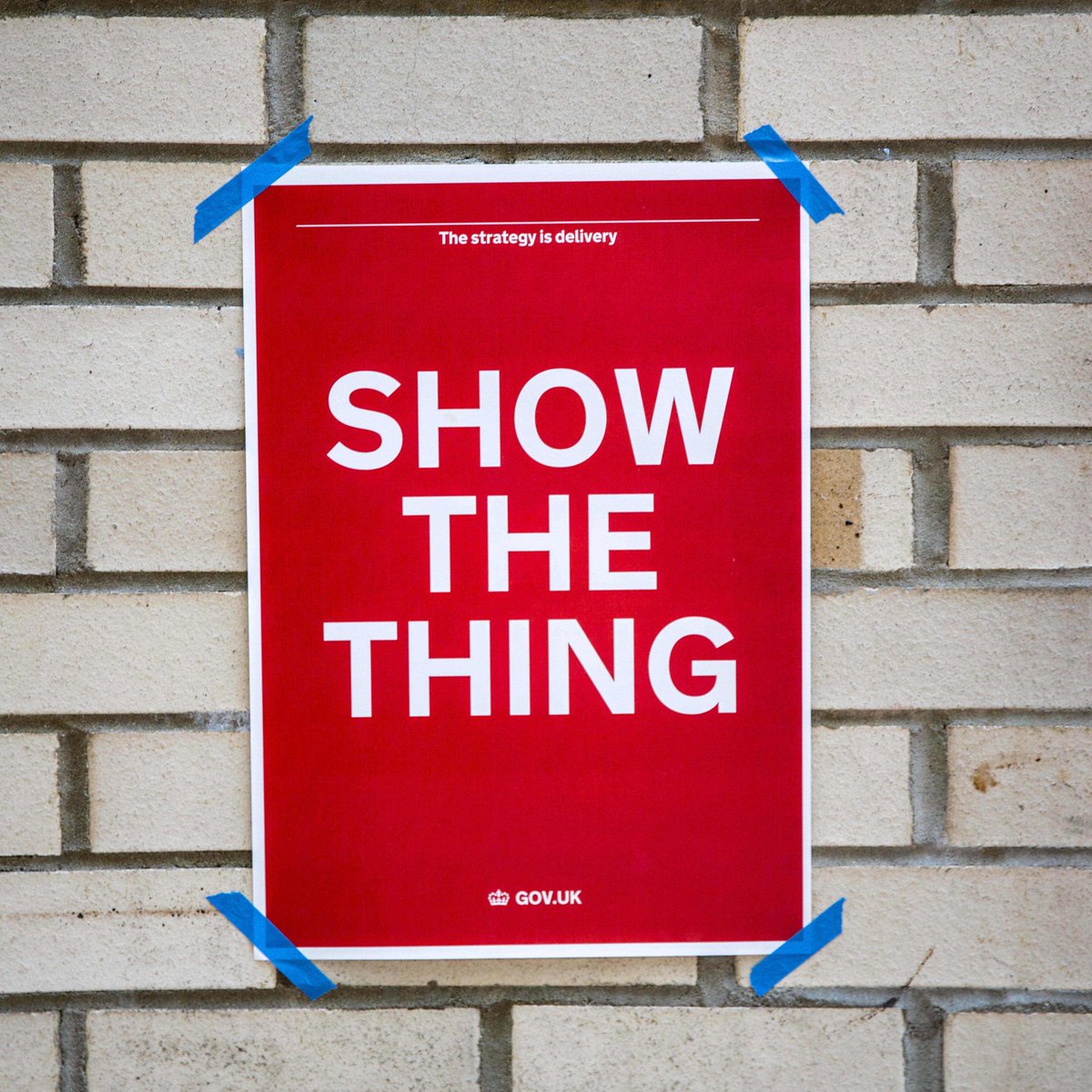Our Communications Strategy
As Code for Canada fellows one our driving goals is to demonstrate what’s possible. What’s possible when you design digital solutions, what’s possible when you work in flexible and empowering ways, and what’s possible when you give people and teams the freedom to experiment and be creative. We hope to demonstrate these possibilities through our actions and our work and by sharing those things here.
Guiding Principles
Work in the open
To support our values of transparency, accountability, and sustainability we will endeavour to work in the open. We acknowledge that this is not always possible but we will work to ensure this is our default.
This means we will share what we have done, what we are doing, and what we plan to do in a public forum as often as possible.
This also means that we will do the difficult work of acknowledging failures, mistakes, and errors in judgement along the way as we are made aware of them.
Document everything
In addition to documenting our work-product we will also document our methodologies, rationale, and processes wherever possible. These documents will be available to project stakeholders as well as documented for posterity so that anyone looking to replicate any aspect of our project has access to the resources they need to do so.
Prioritize value over engagement
All of our communications will be written in the context of adding value to our partners, stakeholders, and community. By deprioritizing engagement we can use our communications as a tool to support the work we’re doing and the people we’re doing it for and with.
Support the community
An important part of our work cannot be done without the support of lots of talented people. We will seek to highlight people doing great work wherever the work is happening. In this way we can use our platform to support the people who will continue this work long after our project is done.
Platform Details
Target Audience
- Internal stakeholders
- Civic tech community
Content Platforms
- Team blog
Frequency
- 1 / week (minimum)
Code of Ethics
This is a living document. As we recognize omissions, errors, or areas for improvement we will update this document accordingly. If you wish to reach out with any concerns or questions contact information is included at the bottom of this document.
Commitments
Be openly accountable
We commit to acknowledging our mistakes whenever we are made aware of them and working in the open to improve. This means public acknowledgements and concrete plans to address any underlying factors as well as planned steps to address any harm our mistakes have caused.
Be responsive
We will make communication and feedback easy and allow for anonymity.
Attribute everything
Wherever we use the work of others in our project or build on work other members of our community have done we will attribute the work to them. If a source is unknown we will make this clear.
We will also endeavour to attribute our own writings to individual team members wherever possible, including authors and any editors that maintain or update the resource.
Prioritize accessibility
We commit to prioritizing accessibility in our communications so that no matter what a person’s needs and abilities are they will have access to our content and resources at the same time and quality as everyone else.
Contact
Code for Canada fellows
Rola Kuidir (UX Designer)
Seyi Taylor (Product Manager)
Zola McAdie (Software Developer)

